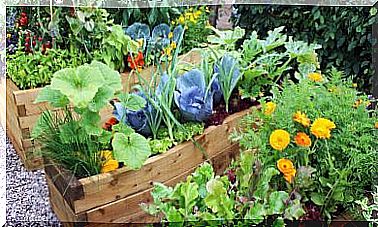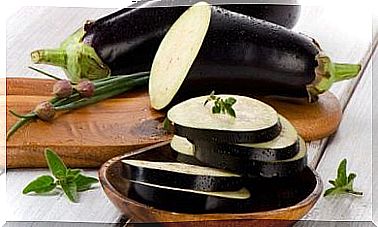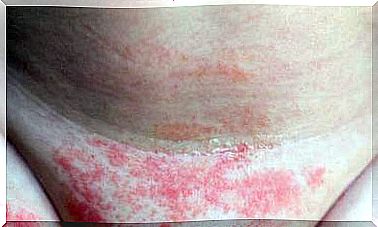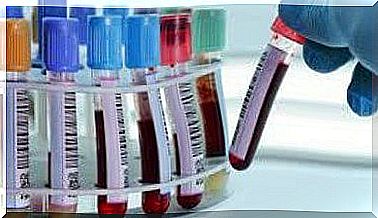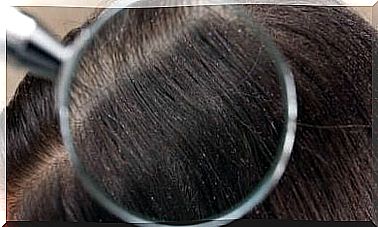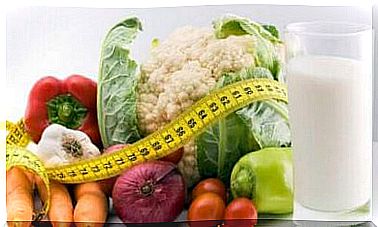4 Foods That Promote Collagen Production
Among the dietary supplements in your supermarket, has collagen caught your attention? Here we reveal to you several facts about it.

While it is true that there are several supplements that contain vitamins, minerals and proteins, collagen is generally one of the most striking on the market.
However, it is not always necessary to resort to supplements to stimulate the production of substances in the body.
This is because collagen is one of the most important building blocks in the human body. When you eat the right way, the production of collagen is constant and in the required amounts.
When your diet is poor or you limit yourself to the same foods, collagen is not produced properly. In general, this will make you appear a lot less jovial. For example, your hair will look more opaque and the expression lines will be more obvious.
In these cases, the usual recommendation is to go for a supplement that stimulates collagen production.
The other alternative, and the one that seems the best, is to eat foods that promote collagen production. Not only because it’s simpler, but also because it’s a more direct way to get that element.
The benefits of increasing collagen consumption
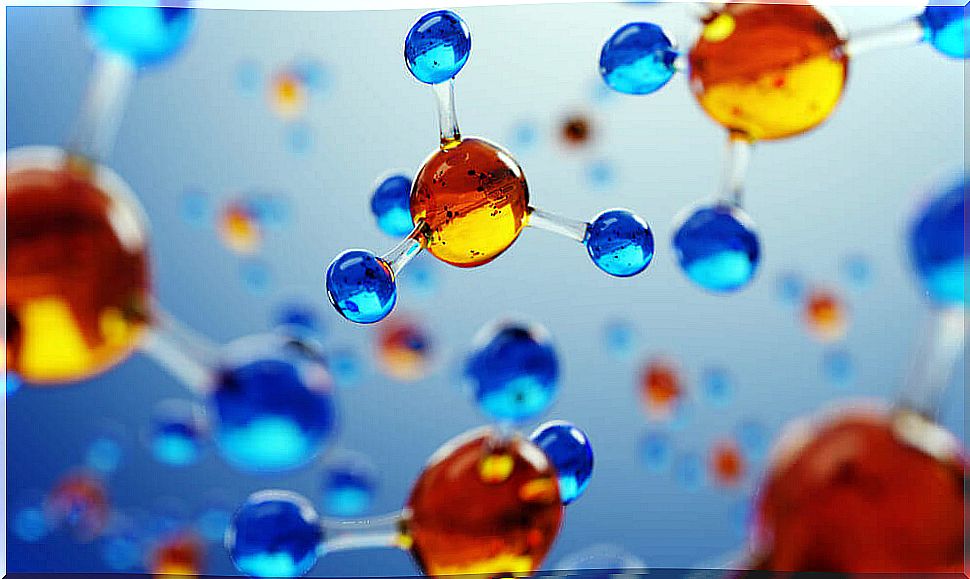
- No bone disease. By consuming foods that promote collagen production, the chances of developing bone diseases decrease. Mainly arthritis and osteoporosis.
- Rapid healing of wounds. Collagen participates in the regeneration of cells. Lack of collagen leads to open wounds for longer, more visible scars.
- Stronger joints. Joints are almost entirely formed by collagen. Over the years, they can lose mass and cause problems, such as knee pain.
- Joviality and elasticity. Collagen also gives elasticity to the skin, both face and body. In case wrinkles are a problem, try foods that promote collagen production. You can also benefit from preparing some nutritious masks for your skin with these foods.
Foods that promote collagen production
1. Red peppers
Vitamin C is crucial in the production of collagen and one of its best sources is red pepper. When you eat a diet low in vitamin C, your body can properly synthesize this element.
It is a vegetable that is easy to incorporate into your diet. You can use red peppers in your smoothies, in salads, or just raw as a snack between meals.
Red pepper is delicious as an aperitif. Instead of using any kind of frying, chop a pepper spread over the cream. In addition, the pepper combines perfectly with the guacamole.
2. Tomatoes
Tomatoes promote the production of collagen, thanks to their richness in lycopene. They are great for combating environmental damage to the skin, ultraviolet rays, and pollution.
You can eat tomatoes however you want, although it is best to take them raw. With this option, they will keep your lycopene levels intact. If you don’t like raw tomatoes, try the following recipe:
Tomato gratin
This dish is perfect for a light dinner because it is simple and low in calories.
Ingredients
- 1 ripe tomato
- Pinch of garlic salt
- 1 pinch of dried basil
- 2 tablespoons of grated Parmesan (30 g)
Preparation
- Preheat the oven to 300 ° C.
- Cut the tomato into slices and divide it on a platter.
- Sprinkle the cheese, garlic salt and basil over the tomatoes.
- Put in the oven and lower the temperature to 150 °.
- Cook until cheese is melted and serve.
3. Salmon
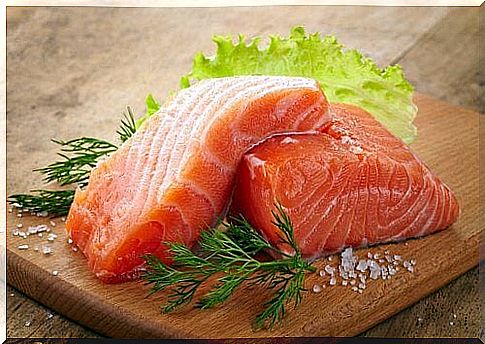
Salmon is well known to be high in heart-beneficial fats. It also improves the production of collagen. Their omega 3 fatty acids fight the breakdown of collagen caused by environmental factors.
For the taste of this fish, you don’t need great tips for cooking it. Try to combine a piece of this fish with basil and a little salt. Then cook in a non-stick skillet. You can change the basil for garlic, ginger, or just lemon juice.
4. Turkey
The production of collagen naturally depends to a large extent on various essential amino acids. The best way is to consume animal protein, such as turkey.
Turkey meat contains proline, glycine and lysine. Lysine helps to synthesize collagen of good quantity and quality.
We recommend eating turkey, ham or meat, at least twice a week. Mix it with enough greens, half a sliced pepper to stimulate collagen production and get the most out of it.
